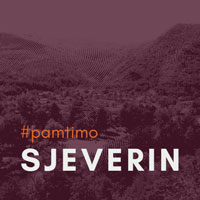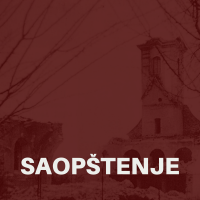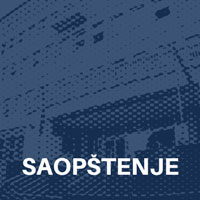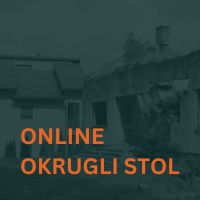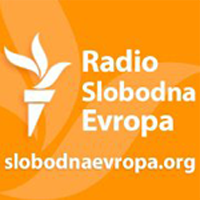
 Book review: Denisa Kostovicova, Reconciliation by Stealth: How People Talkabout War Crimes, Cornell University Press, 2023.
Book review: Denisa Kostovicova, Reconciliation by Stealth: How People Talkabout War Crimes, Cornell University Press, 2023.
Jasna Dragović – Soso
When it comes to the post-conflict Balkans, publications in the field of Transitional Justice are numerous. The region has been, as Eric Gordy and I noted more than 10 years ago, a veritable ‘laboratory of transitional justice initiatives’, although I think it would be fair to say most of the public attention has been focused on the International Criminal Tribunal for the former Yugoslavia. In this context, it is worth noting that, over the last couple of decades, there have also been several truth commission initiatives, at the national and local levels, and above all, there was a regional initiative undertaken by the Coalition for RECOM, as this network of over 2,000 civil society organisations and individuals is known. Of all these various initiatives, RECOM has by far been the most original and also the most sustained project—spanning over a decade, and including, as Reconciliation by Stealth notes, years of consultations with various stakeholders across the region. It has thus attracted a fair amount of interest and scholarship, generating differing assessments of the project’s process and impact. Where does Kostovicova’s book sit within this literature?
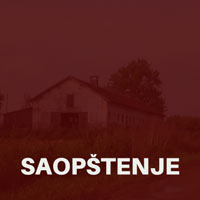
 On the occasion of the 32nd anniversary of the crime at the farm at Ovčara near Vukovar, the Humanitarian Law Center (HLC) requests the institutions of Serbia to prosecute the officers of the former JNA who directly contributed to the commission of that crime, to give up supporting war criminals, to bring to a satisfactory conclusion the years-long search for the mortal remains of victims, and to help enable the creation of a memory culture dignifying victims.
On the occasion of the 32nd anniversary of the crime at the farm at Ovčara near Vukovar, the Humanitarian Law Center (HLC) requests the institutions of Serbia to prosecute the officers of the former JNA who directly contributed to the commission of that crime, to give up supporting war criminals, to bring to a satisfactory conclusion the years-long search for the mortal remains of victims, and to help enable the creation of a memory culture dignifying victims.







